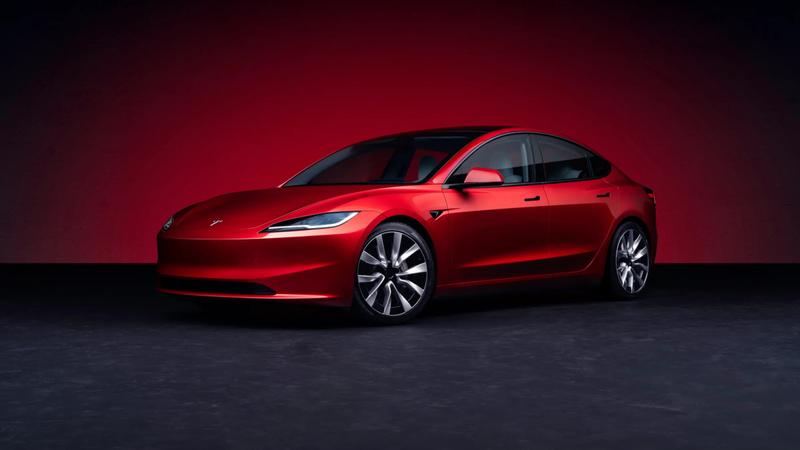Published 11:14 IST, January 13th 2024
Tesla, Volvo car halt production amid escalating Red Sea shipping crisis
Shipping giants such as Maersk and Hapag-Lloyd have rerouted their vessels, adding extra costs and time to journeys around Africa.

Tesla | Image:
Tesla
- Listen to this article
- 2 min read
Advertisement
11:14 IST, January 13th 2024
